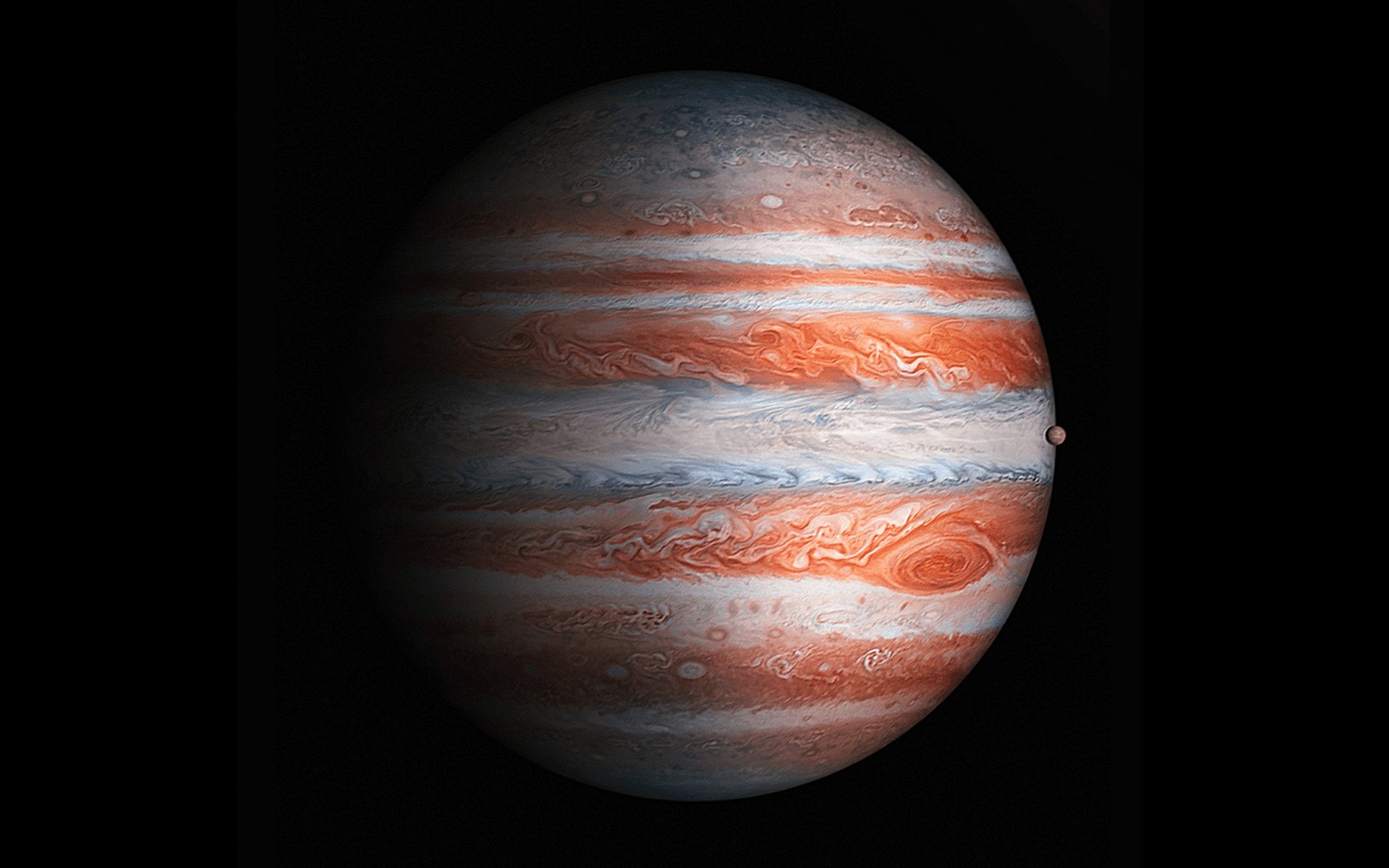They don’t call Jupiter “King of Planets” for nothing. It’s massive, really heavy, and now scientists think it ate chunks of other planets to get as big as it is.
That’s right, the gas giant named after Greek and Roman gods is thought to have absorbed a series of small “planetesimals” en route to claiming its place as the biggest planet in the solar system.
Where Does This New Theory Come From?
Scientists Believe Jupiter Is Huge Because It Ate Other Planets https://t.co/lNNUohPcS2 pic.twitter.com/jO2aqpdN78
— Daily Wire (@realDailyWire) June 23, 2022
The theory comes from an international team of astronomers led by Yamila Miguel from the SRON Netherlands Institute for Space Research and is set out in an article in Astronomy & Astrophysics.
How Scientists Become Able To Look At Jupiter So Closely?
In the new study, the researchers finally looked past Jupiter’s cloud cover using gravitational data collected by NASA’s Juno space probe.
“Juno provided very accurate gravity data that helped us to constrain the distribution of the material in Jupiter’s interior,” said Yamila Miguel.
This data helped the team map out the rocky material at the core of the giant planet, revealing a shockingly high presence of heavy elements. The chemical make-up suggests that Jupiter devoured baby planets, or planetesimals, to spearhead its growth.
Other Theory About Formation And Growth Of Jupiter
The other theory is that Jupiter accumulated billions of smaller space rocks. These rocks eventually formed the condensed core that makes up the gas giant.
Some Early Facts About Jupiter
Considering all the facts that we know about Jupiter seems like quite a terrifying planet. Also known as the ‘king of planets’, it is ten times larger than Earth. Moreover, Jupiter is twice the size of all the planets in our solar system combined. Also, Jupiter has double the strength of our gravity and a very dense and dry atmosphere. The Big Red Dot that is visible on its surface is actually a storm that’s been raging on it for many centuries.





